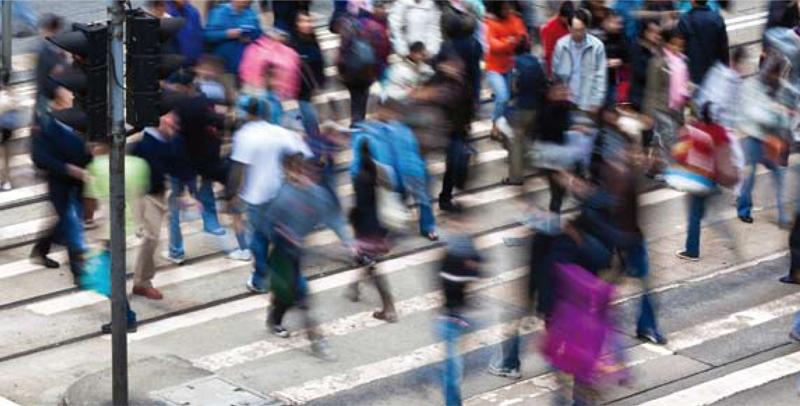Cities and Urban Spaces

Chances for Cultural and Citizenship Education
European Conference
29 September – 1 October 2010
Trieste, Italy
This year‘s NECE conference about cities and urban spaces can be understood as a laboratory, think tank and project market for different disciplines, methodologies and practitioners, bringing together the variety of ‘urban’ discourses and practices in the cities of Europe in order to look for new approaches to cooperation and projects.
Worldwide, the run on cities keeps going on. The UN predicts that in 2030 61% of the world’s population will live in cities. However nowadays, mega- or meta-cities such as Mumbai, Shanghai, Beijing, Sao Paulo, Mexico City or Lagos with their extreme contrast between wealth and poverty suggest a kind of anarchic urbanisation in the countries of the southern hemisphere.
Also European cities change radically: migration and mobility tend to undermine the cohesion in urban societies. Many cities have become complicated entities in which ethnically, socially and culturally segregated communities have developed. Often, extended leeways for inpidual life designs and collective ways of living are often linked to growing disparity and conflicts of identity and self-assertion.
Developments within cities and in urban spaces provide a variety of starting points for new ways of cultural and citizenship education This inter-disciplinary panel will discuss the challenges politics and civil society in cities and urban quarters are confronted with given an increasingly mobile and heterogeneous population. How can disparate social and cultural identities and interests be kept together; how can conflicts be dealt with and solved? What are the roles of innovative and integrative projects in support of participation and fair access to the resources and institutions of a city? which are being discovered only slowly. Artistic and cultural ways of action and interventions may inform and activate the public, new participative ways of urban development may mobilise the citizens’ political and creative potential and support the voices of civil society. Which opportunities and tasks for cultural and citizenship education do result from these new forms and ways of action? May they lead to a reconsideration of previous assumptions and interventions in cultural and citizenship
education?
European Conference
29 September – 1 October 2010
Trieste, Italy
This year‘s NECE conference about cities and urban spaces can be understood as a laboratory, think tank and project market for different disciplines, methodologies and practitioners, bringing together the variety of ‘urban’ discourses and practices in the cities of Europe in order to look for new approaches to cooperation and projects.
Worldwide, the run on cities keeps going on. The UN predicts that in 2030 61% of the world’s population will live in cities. However nowadays, mega- or meta-cities such as Mumbai, Shanghai, Beijing, Sao Paulo, Mexico City or Lagos with their extreme contrast between wealth and poverty suggest a kind of anarchic urbanisation in the countries of the southern hemisphere.
Also European cities change radically: migration and mobility tend to undermine the cohesion in urban societies. Many cities have become complicated entities in which ethnically, socially and culturally segregated communities have developed. Often, extended leeways for inpidual life designs and collective ways of living are often linked to growing disparity and conflicts of identity and self-assertion.
Developments within cities and in urban spaces provide a variety of starting points for new ways of cultural and citizenship education This inter-disciplinary panel will discuss the challenges politics and civil society in cities and urban quarters are confronted with given an increasingly mobile and heterogeneous population. How can disparate social and cultural identities and interests be kept together; how can conflicts be dealt with and solved? What are the roles of innovative and integrative projects in support of participation and fair access to the resources and institutions of a city? which are being discovered only slowly. Artistic and cultural ways of action and interventions may inform and activate the public, new participative ways of urban development may mobilise the citizens’ political and creative potential and support the voices of civil society. Which opportunities and tasks for cultural and citizenship education do result from these new forms and ways of action? May they lead to a reconsideration of previous assumptions and interventions in cultural and citizenship
education?
